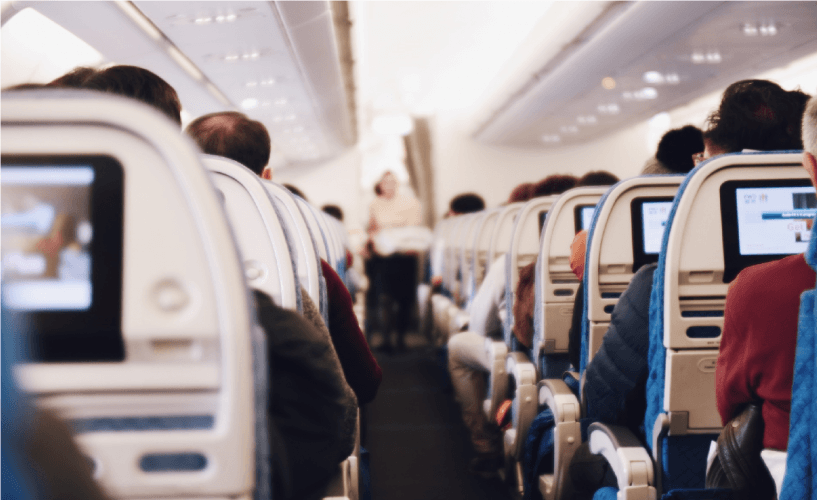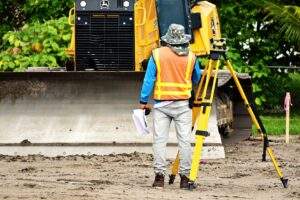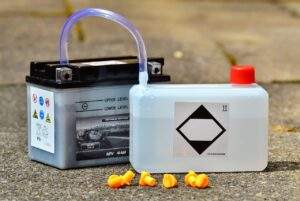10 Airline Secrets and Tips for Better Flying Experience

From the disgusting facts about airplane food and tray tables to the real reason why phones should be turned off during flights, here are 10 insider secrets from airlines that will surely change how you feel about flying.
1. Alcohol hits harder when you’re sky high
When it comes to boozes, it believed that you’re more susceptible to the effects of alcohol when you’re sky high. It’s based on the notion that lower levels of oxygen at high altitudes result in quicker absorption and intoxication. While this makes sense, further studies found the real culprit: altitude sickness.
Higher altitude does impair some abilities but it doesn’t make alcohol more potent. Altitude sickness itself makes people dizzy, lightheaded, drowsy, weak, and nauseous. When combined with alcohol intoxication, you may feel drunker since you’re getting attacked by two separate things at once.
2. The plane’s germiest spot is just inches from your seat
Aircraft back-of-seat tray tables help you eat and drink or watch movies from your laptop conveniently during your long-haul flight. You can put everything on that table – which is exactly the reason why it’s the grimiest spot in the airplane.
Many flight attendants have seen many horrendous activities done on those trays. They are often used for changing diapers and collecting nail clippings. And since motion discomfort is common, they have also seen many trays being vomited on. Always pack antibacterial gels and wet wipes, and refrain from eating directly from the tray and placing your skin against it.
3. Also, think twice about using their free earphones
One way to distract yourself from the crying babies around you is to simply put your headphones on and listen to music or watch a movie. However, you may want to resist taking the headphones which are being distributed freely by the flight attendants. Although they are wrapped in plastic (which somehow implies they’re new) they are already used. And the pillows and blankets? They may also be used and unwashed either.
4. Plane food tastes horrible for a reason
High altitude affects all kinds of things, including how the body reacts to food. It messes up your ability to taste. The low humidity dries out the nasal passages and the air pressure strips off the senses of our taste buds. No wonder why we often opt for salty and spicy foods during flights. That said, if the food tastes okay, chances are that it’s only an imitation to satisfy the defected taste buds. In reality, the so-called “food” is loaded with sodium and preservatives.
And since we’re talking about food, let me just warn you about drinking water (that didn’t come from bottles), tea, and coffee in the airplane. The potable water used isn’t very nice, as the valves for cleaning out lavatory waste and filling the clean water are very close to each other if you know what I mean.
5. Your pilot nods off while flying
Pilots in the cockpit sleep during long trips. They have co-pilots to assist them in the flight, but the major supporter is the auto-pilot. A lot of the actual flying is handled by computers, so there’s no need to constantly navigate manually.
Chances are while you’re sleeping soundly 35,000 feet in the air, the pilot is probably dozing off right along with you.
6. Dimmed lights prepare you for evacuation
You might think that that the cabin darkens so you could put your mind at ease and get some shut-eye. While this is partially true, there’s a bigger reason behind the dimmed lights.
Flight attendants dim the lights to keep your eyes adjusted and prepared for any disastrous event that could take place. If the lights remained lit during an emergency, your eyes will have a harder time adjusting to the darkness outside the plane, which could be dangerous for you and for other passengers.
7. Oxygen masks are good for only 20 minutes or less
If the cabin pressure falls below a certain threshold, the oxygen masks will deploy from the ceiling. You should strap your mask and try to relax until the plane is at a safe altitude.
Most masks have about 12 to 20 minutes of oxygen. The amount of oxygen is not unlimited, but they’re enough to keep you calm (and alive) during a high-stress situation. Listen to the flight attendants as they demonstrate the use and the location of the oxygen bags. Put yours on first before you help someone else with theirs.
8. You won’t be told the plane is doomed
What you don’t know can’t hurt you, right? You’ll never hear, “Ladies and gentlemen, we just had an engine failure and we might crash anytime” although it could happen. They don’t tell passengers things that could cause panic.
9. Just turn off your phone, you rascal
Flight attendants claim that the signal may interfere with the plane’s navigation systems. You don’t understand anything but you comply nonetheless. The truth is, phones do have the potential to disrupt plane’s instruments, but only to a tiny degree. The command is merely a basic exercise of caution.
Imagine if there are no precautions. Hundreds of people would talk all at once and those annoying “dit d-dit d-dit” sounds would be constantly heard. Pilots could lose concentration or miss an order from the control tower. Flight attendants could also find it difficult to convey simple messages about in-flight activities.
You don’t want to annoy and distract the team of employees trying to maneuver a giant machine (which you are in), do you?
10. Airline employees are silently watching your attitude
Exuding politeness pays off. As you hand your passport and Australian visa, simple gestures including a few smiles, “please”, and “thank you” could land you in the first class or move you to a row that has more leg room.
If you’re disgustingly rude and foul-mouthed to the crew, however, you may find yourself sitting next to noisy kids and on an uncomfortable middle seat, or on one of the last row seats which don’t recline.
Author Bio: Carmina Natividad is a resident writer for Four Points Immigration, a team of registered migration agents, assisting individuals and employers with their successful Australian visa application. Writing a wide variety of interesting and informative articles about immigration and travel is her cup of tea.






